Chapter 20
The Age of Enlightenment
By Boundless
The Enlightenment, a philosophical movement that dominated in Europe in the 18th century, was centered around the idea that reason is the primary source of authority and legitimacy and advocated such ideals as liberty, progress, tolerance, fraternity, constitutional government, and separation of church and state.
Rationalism, or a belief that we come to knowledge through the use of logic and thus independently of sensory experience, was critical to the debates of the Enlightenment period when most philosophers lauded the power of reason but insisted that knowledge comes from experience.
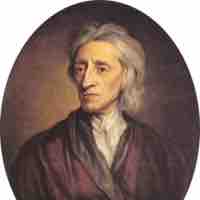
Natural rights, understood as those that are not dependent on the laws, customs, or beliefs of any particular culture or government, and therefore universal and inalienable, were central to the Enlightenment debates on the relation between the individual and the government.
A prelude to the Age of Discovery was a series of European expeditions crossing Eurasia by land in the late Middle Ages undertaken by a number of explorers, including Marco Polo, who left behind the most detailed and inspiring record of his travels across Asia.
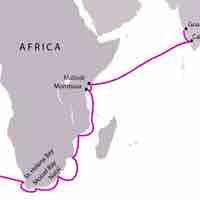
During the 15th and 16th centuries, Portuguese explorers were at the forefront of European overseas exploration, which led them to reaching India, establishing multiple trading posts in Asia and Africa, as well as settling in what would become Brazil and, by the same token, creating one of the most powerful empires.
The voyages of Christopher Columbus initiated European exploration and colonization of the American continents that eventually turned Spain into the most powerful European empire.
Throughout the 17th century, the British established numerous successful American colonies and dominated the Atlantic slave trade, which eventually led to creating the most powerful European empire.
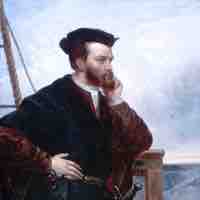
France established colonies in North America, the Caribbean, and India in the 17th century and while it lost most of its American holdings to Spain and Great Britain before the end of the 18th century, it eventually expanded its Asian and African territories in the 19th century.
The scientific revolution, which emphasized systematic experimentation as the most valid research method, resulted in developments in mathematics, physics, astronomy, biology, and chemistry that transformed the views of society about nature.
In the 16th and 17th centuries, European scientists began increasingly applying quantitative measurements to the measurement of physical phenomena on the Earth, which translated into the rapid development of mathematics and physics.
While astronomy is the oldest of the natural sciences, its development during the Scientific Revolution entirely transformed the views of society about nature by moving from geocentrism to heliocentrism.
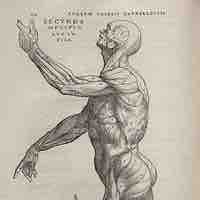
The Renaissance period witnessed groundbreaking developments in medical sciences, including advancements in human anatomy, physiology, surgery, dentistry, and microbiology.
Thomas Hobbes, an English philosopher and scientist, was one of the key figures in the political debates of the Enlightenment period, who introduced a social contract theory based on the relation between the absolute sovereign and the civil society.
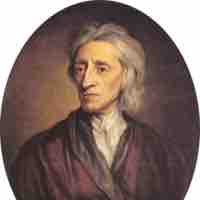
John Locke, an English philosopher and physician, is regarded as one of the most influential Enlightenment thinkers, whose work greatly contributed to the development of the notions of social contract and natural rights.
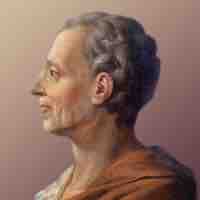
Montesquieu was a French political philosopher of the Enlightenment period, whose articulation of the theory of separation of powers is implemented in many constitutions throughout the world.
Voltaire was a French Enlightenment writer, historian, and philosopher, who attacked the Catholic Church and advocated freedom of religion, freedom of expression, and separation of church and state.
Jean-Jacques Rousseau was a Francophone Genevan philosopher and writer, whose conceptualization of social contract, theory of natural human, and works on education greatly influenced the political, philosophical, and social Western tradition.
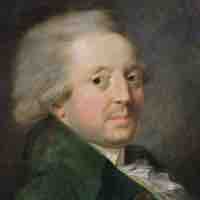
Although Marquis de Condorcet's ideas are considered to embody the ideals of the Age of Enlightenment, his support of liberal economy, free and equal public instruction, constitutionalism, and equal rights for women and people of all races distinguish him from most of his contemporaries.
Mary Wollstonecraft was an English writer, philosopher, and advocate of women's rights, whose focus on women's rights and particularly women's access to education, distinguished her from most of male Enlightenment thinkers.